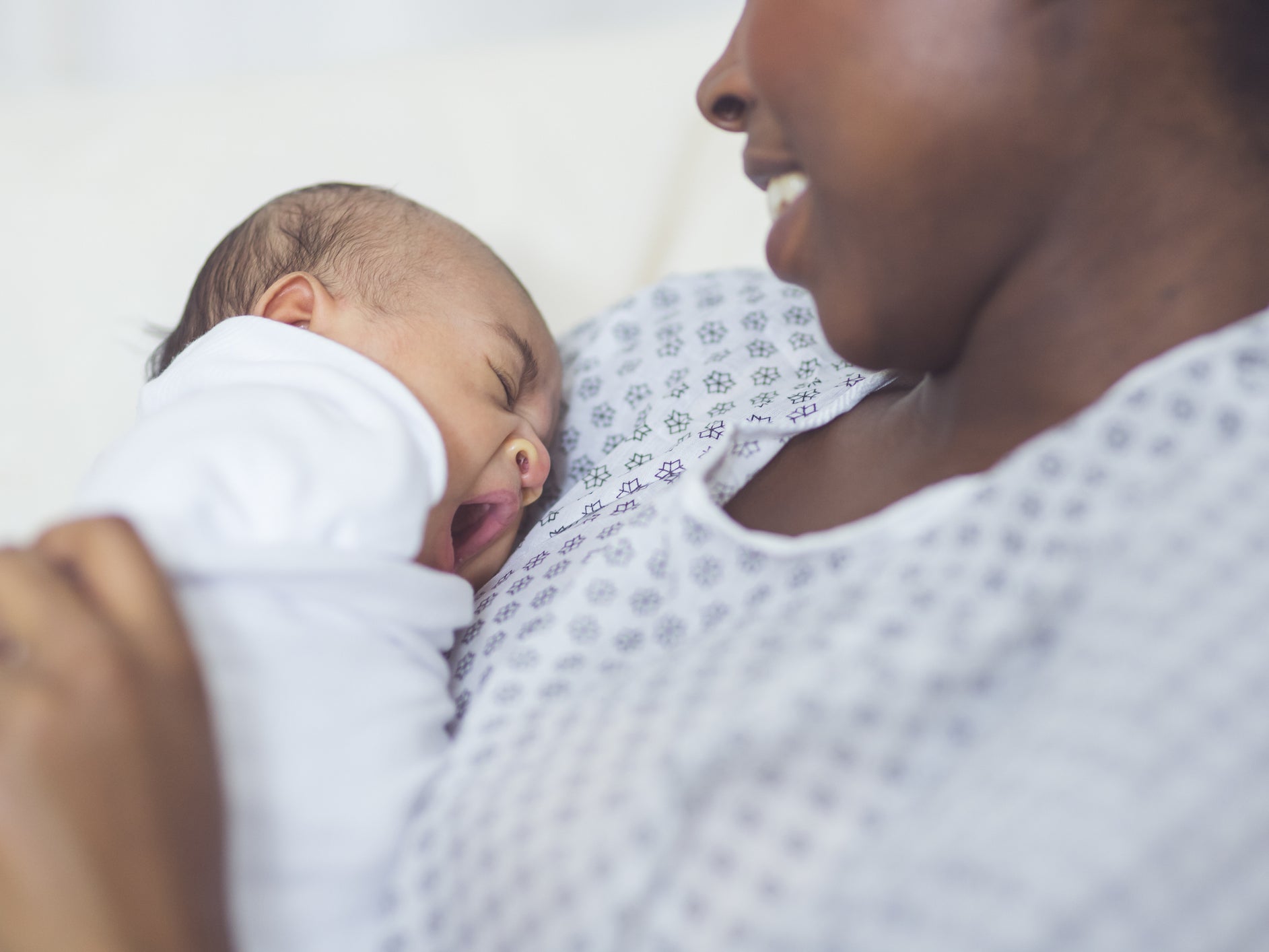Routine antibiotics could stop thousands of women battling birth-related infections, trial shows
Drug reduces risk of deadly sepsis, cut costs by a third and results in fewer drugs being prescribed overall

Your support helps us to tell the story
From reproductive rights to climate change to Big Tech, The Independent is on the ground when the story is developing. Whether it's investigating the financials of Elon Musk's pro-Trump PAC or producing our latest documentary, 'The A Word', which shines a light on the American women fighting for reproductive rights, we know how important it is to parse out the facts from the messaging.
At such a critical moment in US history, we need reporters on the ground. Your donation allows us to keep sending journalists to speak to both sides of the story.
The Independent is trusted by Americans across the entire political spectrum. And unlike many other quality news outlets, we choose not to lock Americans out of our reporting and analysis with paywalls. We believe quality journalism should be available to everyone, paid for by those who can afford it.
Your support makes all the difference.Thousands of potentially deadly infections a year could be prevented by giving antibiotics to every woman who requires forceps or similar interventions during childbirth, a major trial has found.
Prescribing antibiotics pre-emptively to women who had assisted delivery cut the risk of subsequent infection in half, British researchers led by the University of Oxford, found.
If implemented across the UK, 7,000 infections a year could be prevented, the authors said, in findings,published in the Lancet medical journal.
Deadly sepsis cases were reduced by 56 per cent while costs fell by a third in their trial.
The researchers are now calling for the World Health Organisation (WHO) to update global guidelines and for the UK, US, Australia and other nations who don’t have pre-emptive antibiotic prescribing to change their approach.
“Pregnancy-associated infection is a major cause of death and serious illness,” said Professor Marian Knight from the University of Oxford, who led the research. “Almost one in five women develop an infection after assisted vaginal delivery and our results show that this could be reduced by almost half by a single dose of prophylactic antibiotic.”
Health systems around the world are trying to tackle indiscriminate and excessive antibiotic use which is driving the emergence of drug resistant superbugs and could return medicine “ to the dark ages”.
The trial found that antibiotic prescribing actually reduced by 17 per cent with the pre-emptive approach as women received only a single antibiotic dose, rather than a intensive course for treating infections. Just 11 per cent of women given antibiotics developed an infection, compared to 19 per cent given a placebo.
Thousands of women across 27 UK maternity units took part.
The first group of 1,715 women received a single dose of intravenous amoxicillin (a type of penicillin) and clavulanic acid as soon as possible and no more than six hours after an assisted birth. The second group of 1,705 women were given a placebo (saline).
Overall, 65 per cent of the babies were delivered by forceps and 35 per cent by ventouse – a type of suction cup used to assist birth. Nine out of ten women also needed an episiotomy (a cut to make the vaginal opening bigger).
Over the next six weeks 180 women in the trial group developed a confirmed or suspected infection, compared to 306 who received the saline placebo.
The study is the largest of its kind to date and would bring treatment into lin with caesarean births where routine antibiotics cut infections by 60-70 per cent.
The researchers said the total average NHS costs six weeks after birth were £52.60 less per women in the antibiotic group compared with women given placebo (£102.50 compared with £155.10).
In 2016, an estimated 19,500 women died because of pregnancy-related infections around the world, the researchers noted.
Even in high-income countries, infections account for one in 20 maternal deaths and Dr Pat O’Brien, of the Royal College of Obstetricians and Gynaecologists said 12 per cent of UK births require medical assistance.
"It does seem that routine use of a single dose of antibiotic following an assisted birth would help to reduce infections and ensure the best possible health outcomes for women, as well as reduce costs of complications for the health service," Dr O'Brien said.
Join our commenting forum
Join thought-provoking conversations, follow other Independent readers and see their replies
Comments